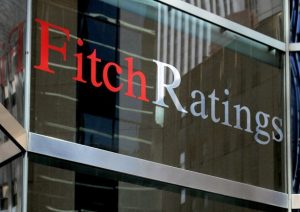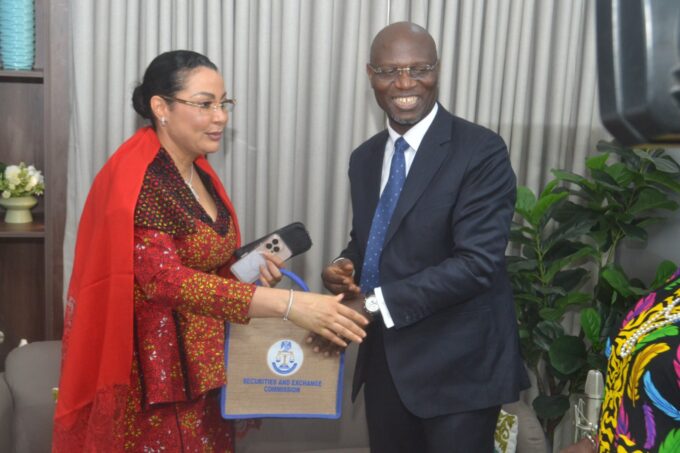The effect of dollar shortage in the Nigerian economy may pose major risks to commercial lenders in Africa’s biggest economy, Fitch Rating has said.
The rating agency said though the foreign currency liquidity risks have not materialised among Nigerian banks, nonetheless, it could pose a threat to their stability.
Nigeria is currently facing dollar shortage due to dwindling forex reserves as the country loses around 65 percent of its foreign exchange revenue as global oil demand remains unstable.
The Central Bank of Nigeria (CBN) has been struggling to meet demand at the domestic foreign exchange market as its forex reserves decline in the face of drops in oil income.
The local currency had depreciated rapidly on the parallel market in the last few weeks before the CBN stepped in to liberalise diaspora remittances to create dollar liquidity in the parallel market and ease pressure on the local currency.
Fitch rating in its report on Tuesday said; “Foreign-currency liquidity risks have not materialised, particularly in Nigeria but present a significant risk to banks’ ratings.”
The agency, however, said that outlook for the banking sector in the continent remain stable for 2021 as the impact of the Coronavirus pandemic eases and the world gradually return to normalcy.
It said funding and liquidity would remain broadly stable for African banks as commercial lenders in the continent were generally more liquid due to slower loan growth and risk-aversion while deposit growth would remain strong.
“However, we do not expect a return to pre-pandemic performance levels for at least another two years,” it said.
The report noted that asset quality of banks will deteriorate faster in 2021 and beyond due to the lag effect of the pandemic on households and businesses, combined with the expiry of temporary debt-relief measures.
“The most likely scenario is the active restructuring of large corporate loans preventing a sharper hike in impaired loans.
“Such flexibility will not be afforded to consumer and SME loans and these segments will drive higher impaired loans over the longer term.
“Impaired loan ratios could head towards low double digits in some countries, particularly in Nigeria and Morocco.
“Our base case is that due to still healthy revenue generation capability, most banks in the region will remain profitable despite large credit losses.
“The rebuilding of earnings will be slower for South African banks.”
Source: BY OLUMIDAGREAT













